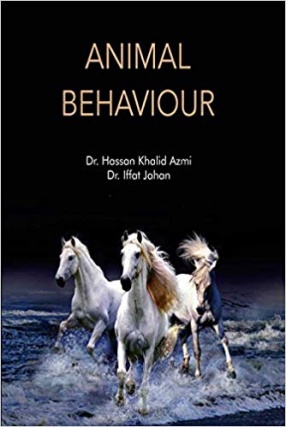Animal Behaviour
Animal Behavior is the scientific study of the wild and wonderful ways in which animals interact with each other, with other living beings, and with the environment. It explores how animals relate to their physical environment as well as to other organisms, and includes topics such as how animals find and defend resources, avoid predators, choose mates, reproduce, and care for their young. Animal behaviour, the concept, broadly considered, referring to everything animals do, including movement and other activities and underlying mental processes. Human fascination with animal behaviour probably extends back millions of years, perhaps even to times before the ancestors of the species became human in the modern sense. Initially, animals were probably observed for practical reasons because early human survival depended on knowledge of animal behaviour. The value of a social behavior depends in part on the social behavior of an animal's neighbors. For example, the more likely a rival male is to back down from a threat, the more value a male gets out of making the threat. The more likely, however, that a rival will attack if threatened, the less useful it is to threaten other males. When a population exhibits a number of interacting social behaviors such as this, it can evolve a stable pattern of behaviors known as an evolutionarily stable strategy (or ESS). Feeding behaviour, any action of an animal that is directed toward the procurement of nutrients. The variety of means of procuring food reflects the diversity of foods used and the myriad of animal types. Perception is the organization, identification, and interpretation of sensory information in order to represent and understand the presented information, or the environment. The book deals with the behaviour of animals, and gives us wonderful way of each kind of animal's uniqueness in terms of emotional signs and hints of what one animal wants to indicate and to take or to deny through behavioural patterns.
Get it now and save 10%
BECOME A MEMBER







Bibliographic information
Hassan Khalid Azmi